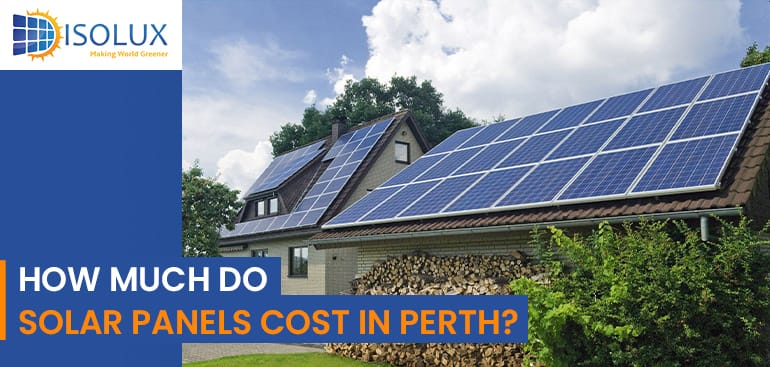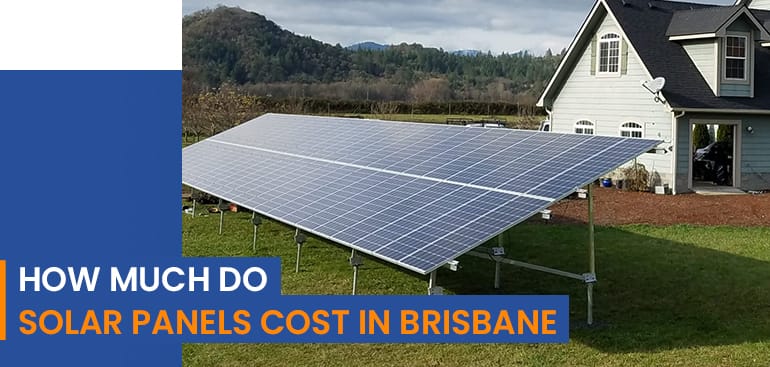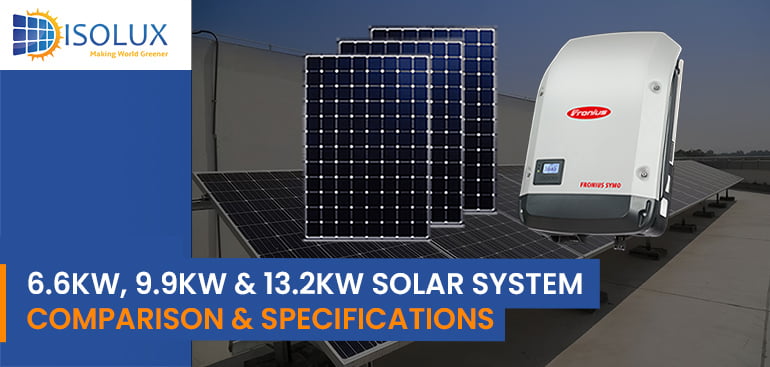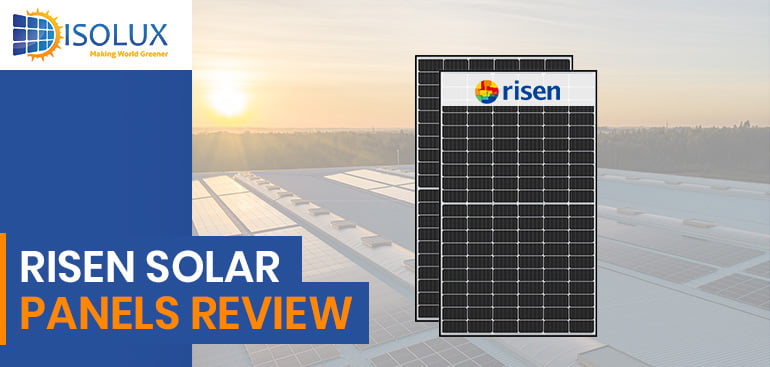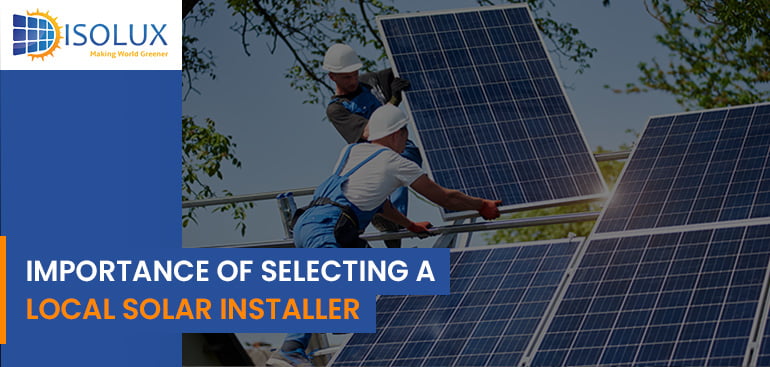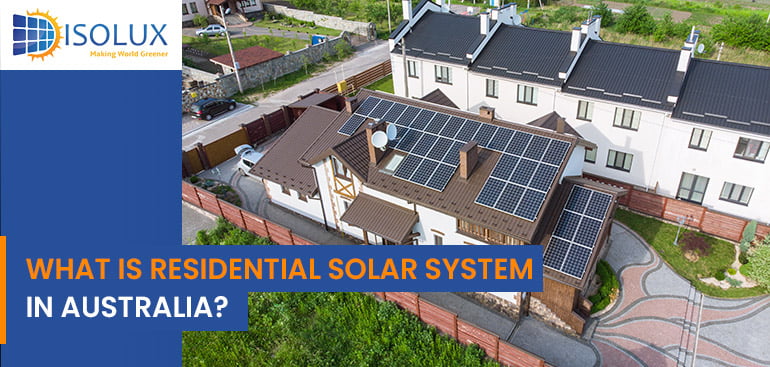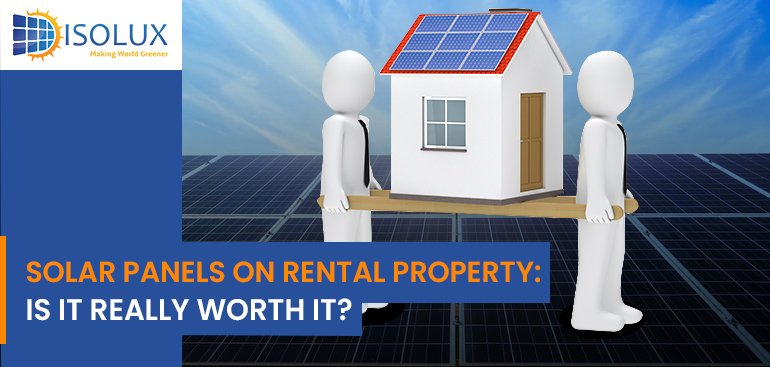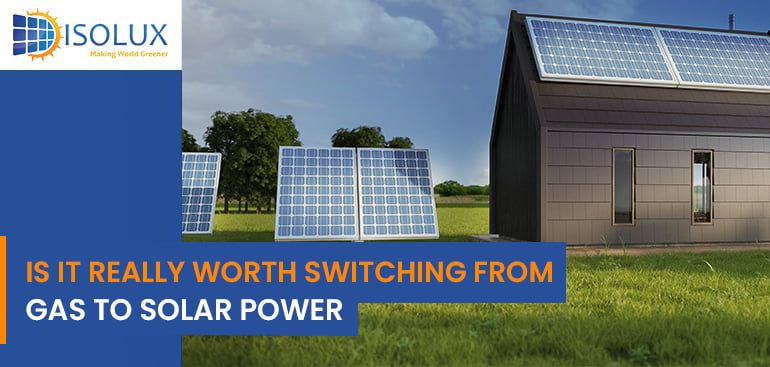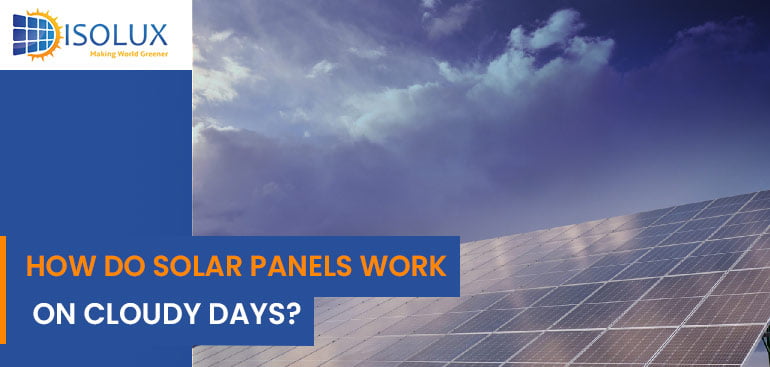Solar power systems have grown more affordable in Perth, making the option increasingly attractive for both residential and commercial properties. For Brisbane-based company Isolux Solar, understanding the costs in Perth can help you address customer questions and highlight any differences between cities.
Installing solar panels in Brisbane is an increasingly popular and economically sound investment due to abundant sunlight and various government incentives. Here’s a breakdown of what you can expect in terms of costs, savings, and factors that influence the final price of solar panel installations in Brisbane.
Solar energy has gained significant popularity in recent years as a clean and sustainable alternative to traditional energy sources. If you’re considering installing a solar panel system for your home, it’s essential to understand the different sizes available and their specifications. In this blog, we will compare and explore the specifications of three solar system sizes: 6.6kW, 9.9kW, and 13.2kW. By the end, you’ll have a clearer understanding of which solar system size is best suited for your home.
Solar energy is becoming increasingly popular as a clean and renewable source of electricity. With a variety of solar panel brands available in the market, it can be challenging to determine which one is the best for your needs. Let’s know about Risen solar panels review.
If you are looking for the best residential solar panels, read this blog. We are going to share a Risen solar panels review, which is popular among residential users.
As the world moves towards renewable energy sources, solar power is becoming an increasingly popular option for homeowners and businesses alike. Solar panels offer a sustainable way to generate electricity and reduce energy bills and carbon footprint. However, the success of a solar project largely depends on selecting the right solar installer. In this blog, we will discuss the importance of selecting a local solar installer for your solar project.
Australia is known for its abundant sunshine, which makes it a perfect place for the widespread adoption of solar energy. Over the years, residential solar has become increasingly popular, with homeowners looking to reduce their carbon footprint and save on energy bills. In this article, we will explore the various benefits of the residential solar system in Australia and why it has become a popular choice for homeowners.
Do you own a rental property?
The biggest question for rental property is whether to install solar panels on rental property or not. Even though the price of solar panels has gone down over the years, it is still a large upfront expense. However, rental properties with solar panels help attract tenants better. The value of a rental property with solar panels also increases year after year.
Solar energy is a cost-effective and sustainable form of generating power. Installing solar panels at home with the assistance of the best solar company in Sydney can help reduce your reliance on fossil fuels while also saving you a lot of money. An analysis conducted by the New Climate Council has found that Australians can save anywhere from $500 to $1,900 per year by replacing gas with other clean and affordable energy alternatives. A lot of money can be saved by switching from gas to solar. All you need to do is to surf for a solar power installer near me to find an expert and make the switch.
If you’ve been watching the news this week, you’ve definitely heard the word ‘load shedding’ in relation to the energy crisis gripping Australia’s east coast. You may have also heard that if load shedding occurs, there would be blackouts. There is no doubt that the National Electricity Market is in serious trouble. Load shedding is a last resort mechanism that the industry regulator might deploy to protect the national electricity supply.
Solar panel uses direct sunlight to generate power. But many homeowners are often concerned about whether solar panels work in cloudy weather or low sun exposure.
In simple words, Yes, solar panel system works on cloudy days. The efficiency of solar panels reduces during cloudy days and rainy days as compared to sunny days.
During rainy days, the rain helps to clean the solar panels naturally by washing away the dust and keeping them functioning efficiently.
Solar panel installations have become quite popular worldwide due to the benefits offered by solar energy as an alternate source of energy. Nearly one-third of Australian households already have solar panels installed. According to the Clean Energy Council (CEC), more than 3 million installed rooftop solar panel systems in Australia.
Edge-Of-Cloud-Effect
It is a natural phenomenon named Edge-Of-Cloud-Effect. When clouds start to cover the Sun and emerge from behind clouds, that causes a sudden burst of solar energy on a solar panel that produces more power temporarily than on a sunny day. It helps to balance out the loss of energy during full cloud cover. It is a light refraction that concentrates sunlight when a shadow passes by the edge of the cloud.
Performance During Bad Weather
Fog
Your solar panel system works fine in foggy weather, but the efficiency reduces to 50% during foggy weather conditions.
Rain
Your solar panel system generates power at a lower rate. It produces 10-25% of energy to its rated capacity during rainy days.
Do Cloudy Days Affect the Output of Solar Panels?
It depends upon factors like how dense the cloud is, the efficiency of the solar panel, type of solar panel installed on your home solar panel system. Solar panels generate energy during partial sunlight and infrared radiation, meaning they capture the solar spectrum – the blue and the red wavelengths. Sunlight penetrates the cloud even during heavy rains, which helps your solar system to generate power, though it is not a complete blackout atmosphere. It is the same way that you get sunburned on cloudy days too. The output of solar panels on cloudy days is comparatively lesser when compared to sunny days. On average, the energy output of solar panels can drop about 10-25%.
How Do Solar Panels Generate Electricity?
Solar panels can generate electricity only in direct sunlight. This statement is a myth. In reality, solar panels don’t require direct sunlight to generate electricity.
PV panel uses direct or indirect sunlight to generate energy. Solar panels consist of solar cells, which absorb photons and convert them into electricity. This energy or electricity is transferred to the inverter. It gets converted to alternating current (AC) power. Most of our home appliances work on AC power. The excess power generated by the solar panels is either stored in a solar battery or sent back to the electricity grid. The excess solar power generated by solar panels during the day is exported to the utility grid, and you get paid in the form of credit that accumulates in your account.
Are you planning for solar panel installation?
Connect with an expert at Isolux to discuss your requirements.
Isolux Solar is a trusted name for solar panel installation in Sydney. Get a free quote now!

